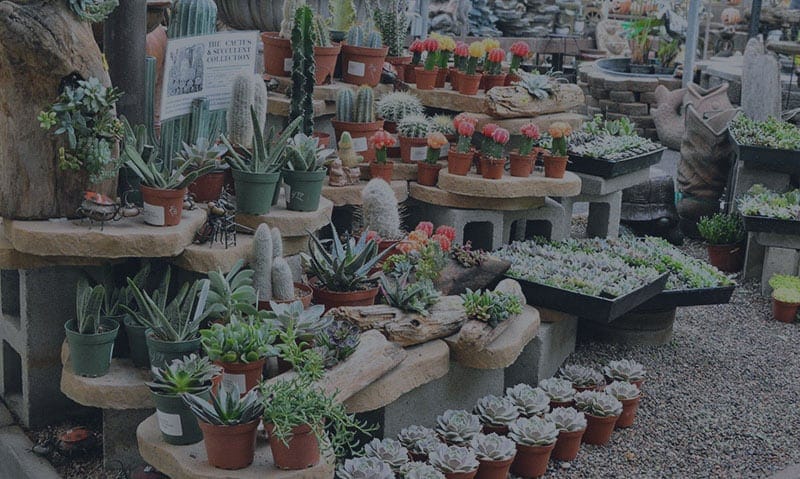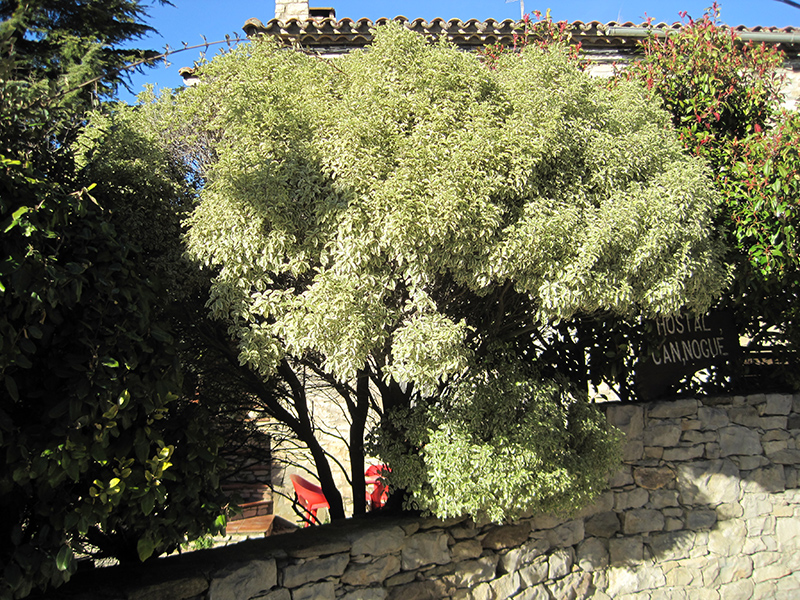Marjorie Channon Kohuhu
Pittosporum tenuifolium 'Marjorie Channon'
Height: 10 feet
Spread: 7 feet
Sunlight:
![]()
![]()
Hardiness Zone: 8a
Other Names: Tawhiwhi, Pittosporum nigricans
Description:
A compact, slow growing shrub with a rounded, pyramidal habit, and gray green glossy foliage with white edges; small clusters of white flowers in spring upon nearly black new stems; a shining landscape accent or screen
Ornamental Features
Marjorie Channon Kohuhu has attractive grayish green foliage edged in white which emerges chartreuse in spring on a plant with a pyramidal habit of growth. The oval leaves are highly ornamental and remain grayish green throughout the winter. It features subtle clusters of fragrant dark red flowers with brown overtones at the ends of the branches in early summer. The black branches are extremely showy and add significant winter interest.
Landscape Attributes
Marjorie Channon Kohuhu is a dense multi-stemmed evergreen shrub with a distinctive and refined pyramidal form. Its relatively fine texture sets it apart from other landscape plants with less refined foliage.
This is a relatively low maintenance shrub, and can be pruned at anytime. It has no significant negative characteristics.
Marjorie Channon Kohuhu is recommended for the following landscape applications;
- Accent
- Mass Planting
- Hedges/Screening
Planting & Growing
Marjorie Channon Kohuhu will grow to be about 10 feet tall at maturity, with a spread of 7 feet. It has a low canopy, and is suitable for planting under power lines. It grows at a medium rate, and under ideal conditions can be expected to live for 40 years or more.
This shrub does best in full sun to partial shade. It does best in average to evenly moist conditions, but will not tolerate standing water. It may require supplemental watering during periods of drought or extended heat. It is not particular as to soil type or pH, and is able to handle environmental salt. It is somewhat tolerant of urban pollution. Consider applying a thick mulch around the root zone in winter to protect it in exposed locations or colder microclimates. This is a selected variety of a species not originally from North America.



